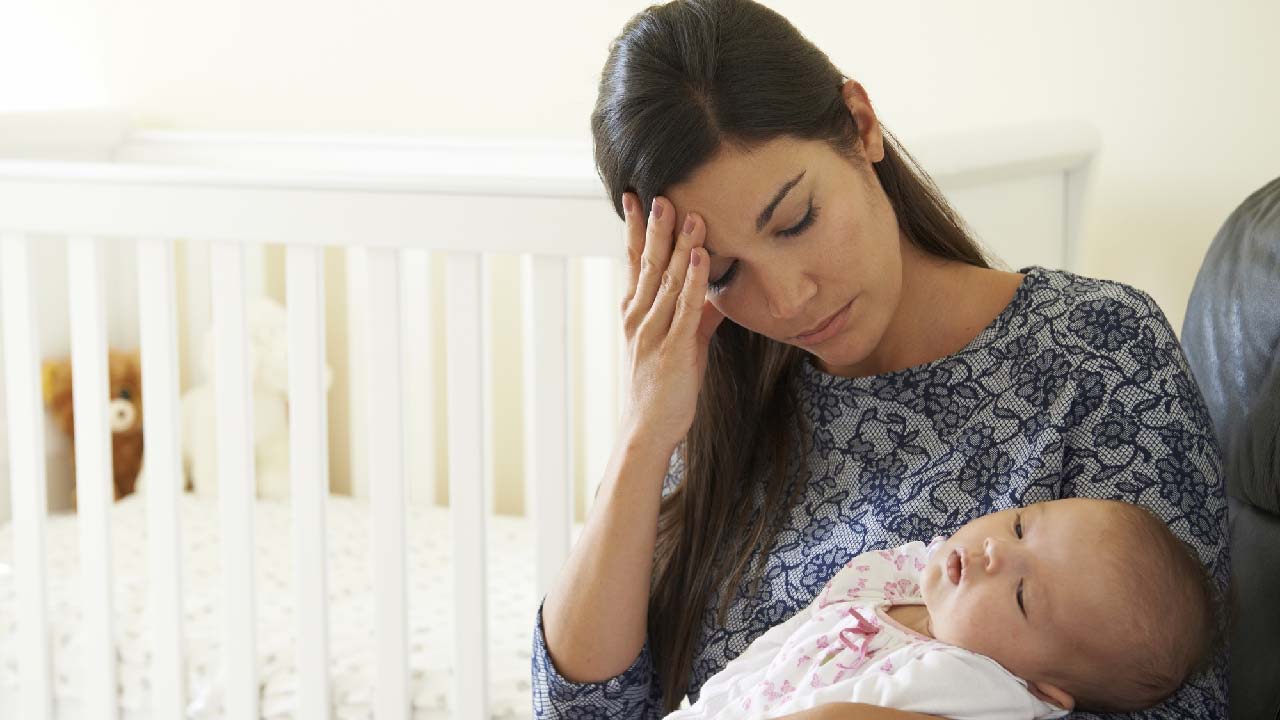Postpartum depression (PPD) is a complex combination of physical, emotional, and behavioral changes that occur in some women after giving birth. The severity of postpartum depression is determined not only by the time between delivery and onset but also by the length of time between delivery and onset.
Postpartum depression is linked to chemical, social, and psychological changes that occur during childbirth. The term refers to a variety of physical and emotional changes that many new mothers go through. Medication and counseling can be used to treat PPD.
After delivery, there are immediate hormonal changes that occur. Still unclear is the precise relationship between this decline and depression. The female reproductive hormones progesterone and estrogen, however, are known to increase tenfold in concentration during pregnancy. Following delivery, they then quickly decline. The levels of these hormones return to normal within three days of giving birth in a woman.
The social and psychological changes that come with having a baby increase the risk of depression in addition to these chemical changes.
The "baby blues" are a common postpartum emotion for new mothers. One in ten of these women will experience postpartum depression that is more severe and persistent. A more serious condition called postpartum psychosis affects about 1 in 1,000 women.
Postpartum depression signs and symptoms:
- Mood swings or depression
- Excessive sobbing
- Having trouble bonding with your child
- Isolation from family and friends
- Appetite loss or excessive eating
- Inability to sleep (insomnia) or excessive sleeping
- Overwhelming fatigue or energy loss
- Reduced interest and pleasure in previously enjoyed activities
- Extreme irritability and rage
- Feelings of worthlessness, shame, guilt, or inadequacy
- Diminished ability to think clearly, concentrate or make decisions
- Severe anxiety and panic attacks
Treatment for postpartum depression are:
- Therapy
You speak with a therapist, psychologist, or social worker during therapy to learn techniques to alter the way depression affects your thoughts, feelings, and behavior.
- Medicine
There are various postpartum depression medications available. Each one must be prescribed by your doctor. The most common type is antidepressants. Some antidepressants can be taken while you're breastfeeding and can help relieve the symptoms of depression. It may take antidepressants several weeks to start working.
Depression can impact your unborn child. Treatment is crucial for both you and your unborn child. Going to therapy or taking antidepressants does not make you a bad parent or a failure. Getting help is a sign of strength.

 Birth mothers are susceptible to postpartum depression, but some may be more vulnerable than others. Postpartum depression is more common in women who have previously experienced depression of any kind, including postpartum depression, or who have a family history of the illness.
Birth mothers are susceptible to postpartum depression, but some may be more vulnerable than others. Postpartum depression is more common in women who have previously experienced depression of any kind, including postpartum depression, or who have a family history of the illness.




















.jpeg)












